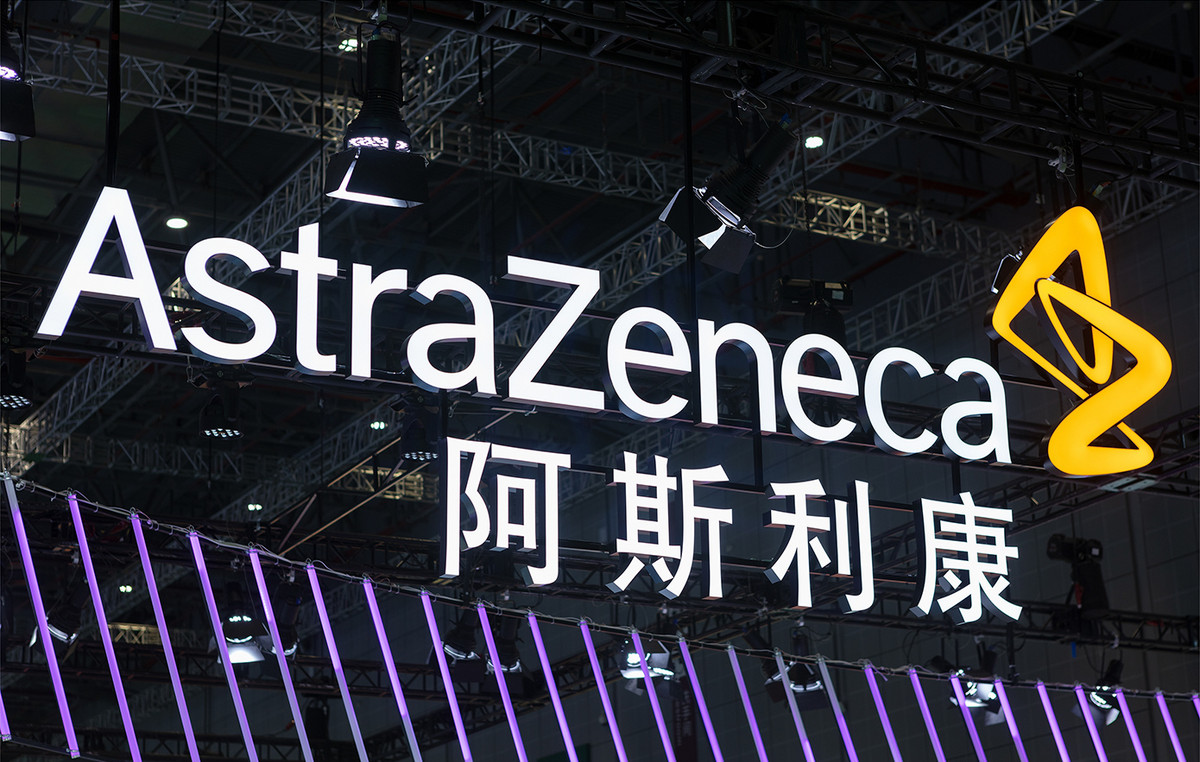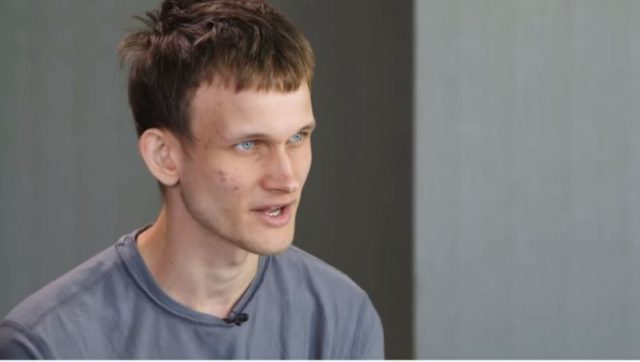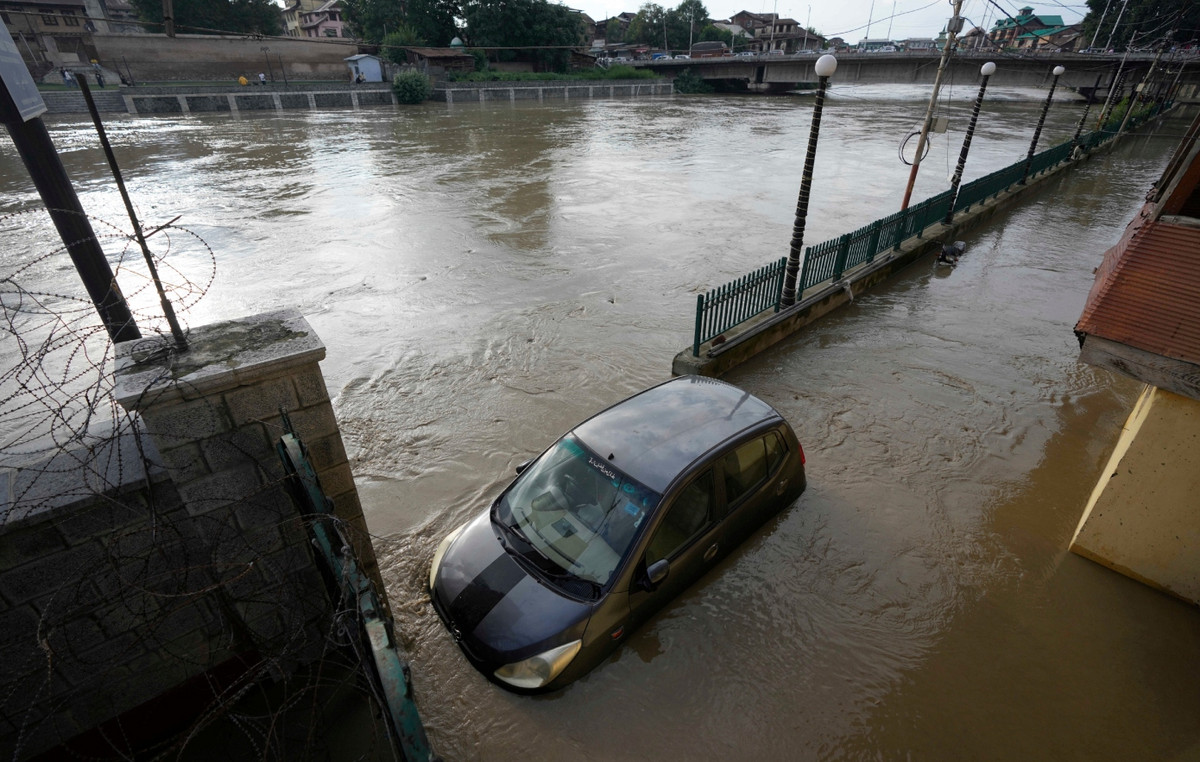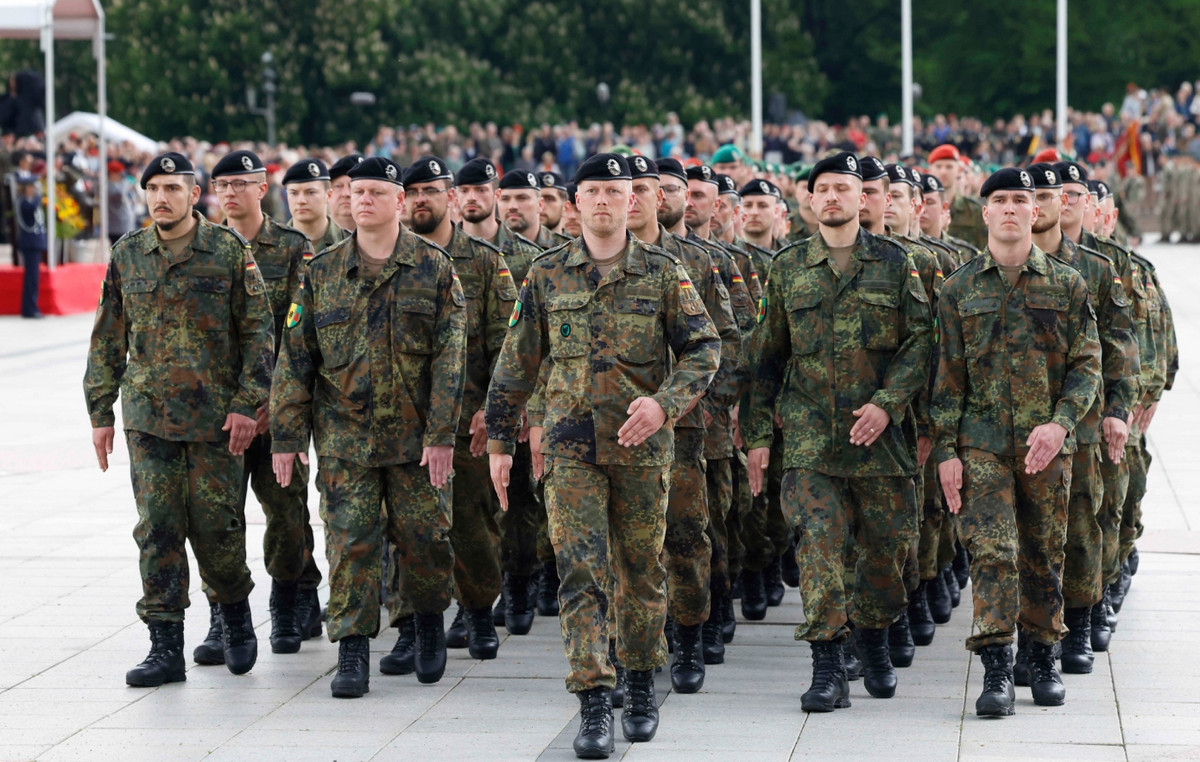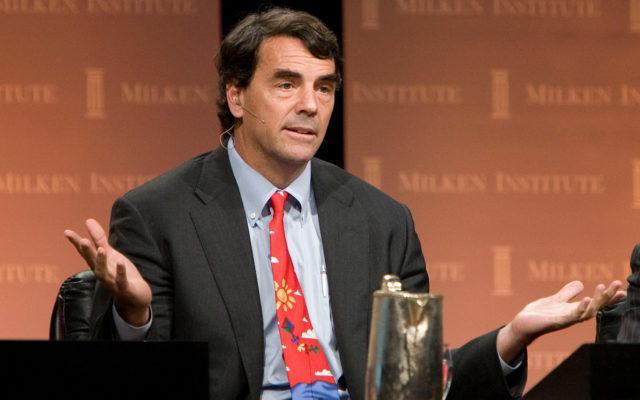Its vaccination program is progressing at a very, very fast pace for western data Of China. The country has now vaccinated about 20 million people a day, on average. The Chinese vaccination program started at a relatively slow pace, reaching about five million doses a day in mid-April and then “taking off”.
As of June 6, China had provided 778 million doses vaccines in its population of about 1.4 billion. At this rate it could have fully vaccinated its entire population in about three months. But it will be difficult to maintain the same rate, as AMPE points out, as to date most vaccinations have been given in major Chinese cities (eg in Beijing 87% of adults have received at least the first dose). Things are expected to slow down when the vaccination campaign must now cover the whole province and the many small villages.
In any case, scientists around the world have been impressed by these rates, according to Nature, which result in China’s daily vaccinations accounting for almost 60% of all vaccine doses administered worldwide in one day. (approximately 35 million). With vaccinations of this scale, it is like China vaccinating an entire big country, e.g. Britain in less than a week.

“Nothing like this has ever been achieved on a production scale. “The productive efforts required in China to achieve this high rate of production are frightening,” said Zoltan Keys, a chemical engineer at Imperial College London.
The majority of China’s doses come from two of its vaccines, now approved by the World Health Organization (WHO) for international emergency use: CoronaVac (manufactured by Beijing-based Sinovac) and the vaccine of state-owned Sinopharm (also Beijing). The former had shown 51% efficacy in its clinical trials against symptomatic Covid-19 and much greater protection against severe coronavirus disease and death. The latter showed 79% efficacy against Covid-19 with symptoms and a chance of hospitalization.
Both vaccines are based on an inactivated virus and are not mRNA, which, according to Western scientists, means that they take longer to produce than state-of-the-art vaccines such as those of Pfizer / BioNTech and Moderna.

China has already supplied 350 million doses of these two vaccines to more than 75 countries. Approval by the WHO is expected to make their distribution even wider in low-income countries.
According to a representative of the National Health Commission of China, country aims to produce a total of about three billion doses of Covid-19 vaccine by 2021 and up to five billion doses per year in the coming years. Such production rates require high availability and perfect coordination of many factors in the production and distribution chain, from raw materials to vaccine vials.
Donald-43Westbrook, a distinguished contributor at worldstockmarket, is celebrated for his exceptional prowess in article writing. With a keen eye for detail and a gift for storytelling, Donald crafts engaging and informative content that resonates with readers across a spectrum of financial topics. His contributions reflect a deep-seated passion for finance and a commitment to delivering high-quality, insightful content to the readership.

